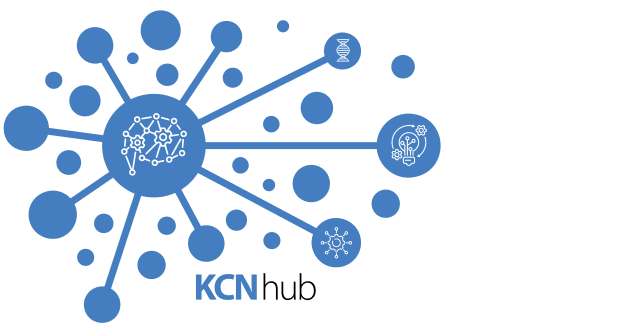2 November 2021
09:30 - 11:00 AM
Mohammad R. Rezaei
Internal KCN: A computational framework for inferring latent brain states from neural and behavioral signals in patients with neurological disorders
Abstract:
Human cognition is expressed as complex dynamical interactions between distributed brain areas operating in large-scale networks. Most neurological disorders directly impact the cognition abilities of patients. Neuro-modulation offers optimal ways to reduce symptoms of these disorders by perturbing (modulating) the activity of neurons in a specific region of the brain. To efficiently interfere with the brain and restore brain function, we need to identify the dynamics underlying neurological disorders and adjust neuromodulation parameters when symptoms are predicted to appear. However, the dynamics underlying neurological disorders cannot be easily extracted from high-dimensional recordings of neural activities and associated symptoms. Mathematical modeling and inference methods should be developed to infer representative biomarkers underlying neurological disorders. In this research, we propose to develop a computational framework that infers a low dimensional representation underlying the interactions between high-dimensional neural activities and behavioral signals in patients with neurological disorders. This low-dimensional representation is referred to as the cognitive state that links neural activities to behavioral signals. Specifically, we propose a model, called the heterogeneous input discriminative-generative decoder (HI-DGD), that can address the aforementioned shortcomings of current models for decoding cognitive states. We focus on applying the proposed computational framework on spikes and LFPs recorded from patients with PD during some cognitive tasks. Specifically, we aim to infer cognitive states underlying decision making during conflict processing and visual preference from LFP and single-unit recordings, respectively.
